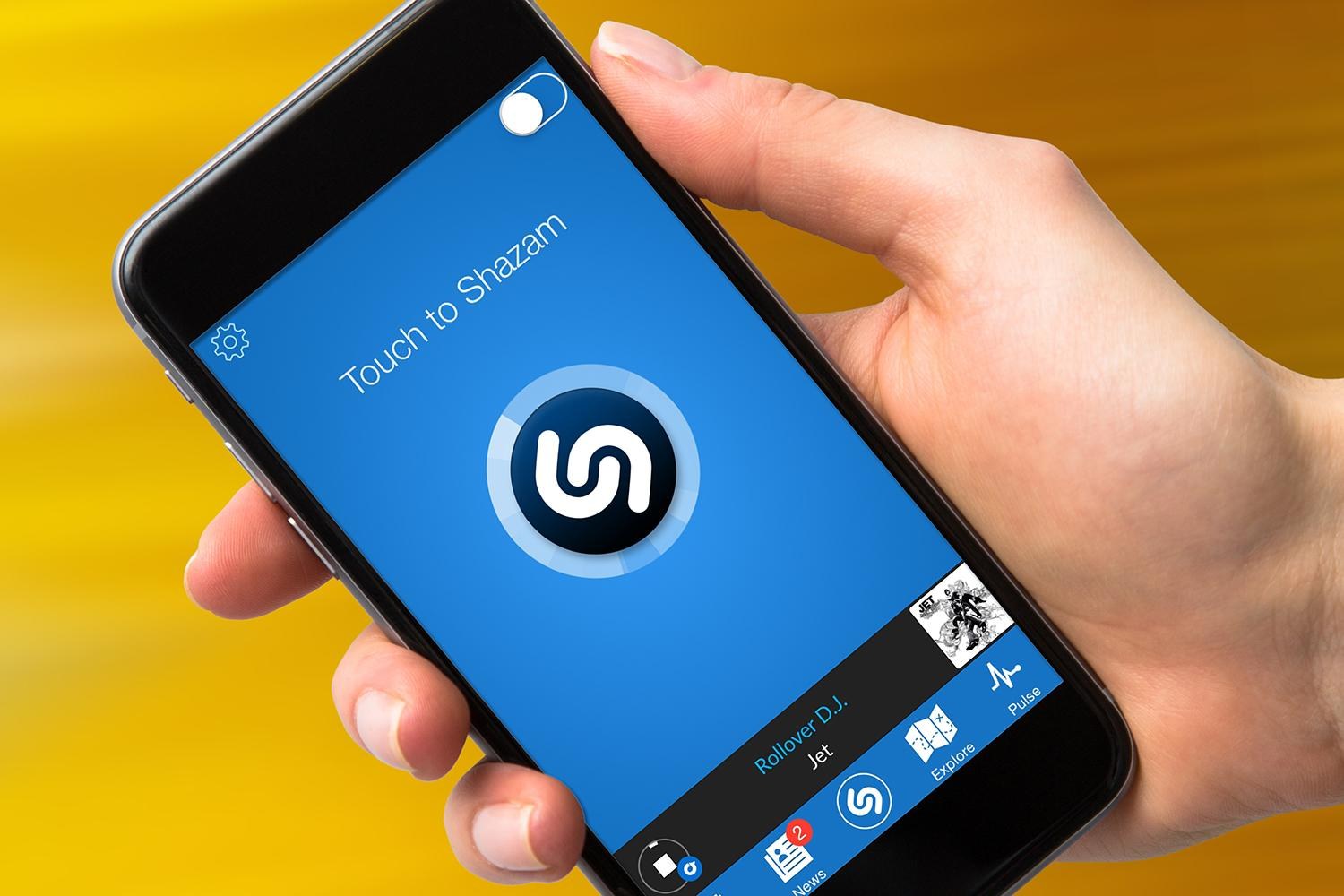Recap: Regulators in the European Union have given the go-ahead to Apple's acquisition of London-based music recognition firm Shazam. The deal is expected to give Cupertino a boost against its rival in the music-streaming industry Spotify.
Apple first announced the acquisition of Shazam back in December of last year, but hints at a partnership go back all the way to 2014. Although no official figures were revealed, the buyout is said to be valued at around $400 million.
The merger was thought to be in the bag, but in February 2018 the EU's antitrust commission began reviewing the deal. By April, the inquiry had expanded into a full-blown investigation. The fear was that the pick-up would "have a significant adverse effect on competition in the European Economic Area."
"Data is key in the digital economy," said Competition Commissioner Margrethe Vestager in a written statement on Thursday. "We must therefore carefully review transactions which lead to the acquisition of important sets of data, including potentially commercially sensitive ones, to ensure they do not restrict competition. After thoroughly analyzing Shazam's user and music data, we found that their acquisition by Apple would not reduce competition in the digital music streaming market."
Access to Shazam's data would not materially increase Apple's ability to target music enthusiasts and any conduct aimed at making customers switch would only have a negligible impact.
The commission's probe concluded that Apple can go ahead with the purchase. According to the commission's press release, the investigation showed something that most of us already knew --- that Apple and Shazam are not in competition with one another. Instead, they provide "complementary services." More importantly, the inquiry found no evidence that the acquisition would give the iPhone maker a competitive advantage.
In its review, the commission considered whether the buyout would a) give Apple access to commercially sensitive data on its competition's customers, and b) harm competitors if Apple were to discontinue referrals from Shazam to them. The commission concluded that these considerations were of little consequence to Cupertino's streaming music competition --- namely Spotify.
"Access to Shazam's data would not materially increase Apple's ability to target music enthusiasts and any conduct aimed at making customers switch would only have a negligible impact. As a result, competing providers of digital music streaming services would not be shut out of the market. The [Shazam] app has a limited importance as an entry point to the music streaming services of Apple Music's competitors. The integration of Shazam's and Apple's datasets on user data would not confer a unique advantage to the merged entity in the markets on which it operates. Any concerns in that respect were dismissed because Shazam's data is not unique and Apple's competitors would still have the opportunity to access and use similar databases."
For these reasons, the regulators could not disallow the acquisition. Details on the buyout price and when completion of the merger will take effect have yet to be revealed.
